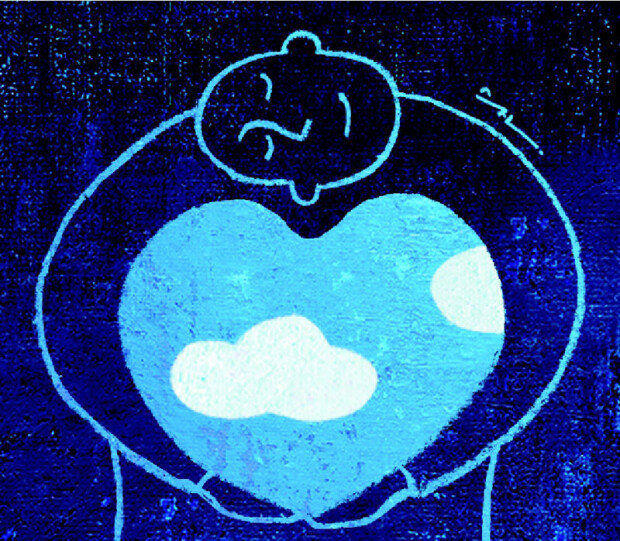Irish love story
Irish love story
Posted January. 03, 2024 08:05,
Updated January. 03, 2024 08:05

He is a middle-aged man with five daughters. Working as a coal deliveryman, he dedicates long hours from morning to evening, making him akin to a workaholic. However, his routine transforms when he goes to deliver firewood and coal to the convent, leading to a crisis in his life. He encounters a distressing sight within the convent - young women and children scrubbing the floor without shoes. Their appearance is so wretched that he can barely open his eyes. These individuals are categorized as "fallen women," encompassing unwed mothers and prostitutes, along with the children they have borne. The Magdalene Laundry, overseen by the convent, is sustained by their labor. Confined within, they seek redemption by washing away their sins through the arduous task of cleaning stained laundry from dawn until midnight. The middle-aged man bears witness to this haunting scene.
His late mother was also a single parent. If it hadn't been for the generosity of her employer, Mrs. Wilson, at the place where she worked, his mother might have faced the stigma of being labeled a "fallen woman," taken to a convent, and compelled to undergo penance. Despite not being affluent, he enjoyed a tranquil childhood and the life he has today, all thanks to such benevolence. As his wife suggests, it would be in the best interest of his family if he turned a blind eye to the activities at the convent and moved forward. However, driven by the desire to extend the kindness and love he had received to someone else, he chooses a different path. This leads him to rescue a girl trapped in a convent coal mine and bring her into his home. Despite anticipating potential repercussions from the convent and being aware of the high price he might have to pay, he finds indescribable happiness in his compassionate actions.
Irish writer Claire Keegan's novel 'Small Things Like These' delves into a narrative centered around love. The story unfolds within the backdrop of the Magdalene Laundry, an institution from the late 18th century to the late 20th century. While the laundromat has faded into the annals of history, it was known for its role in cleansing everything, juxtaposed against the backdrop of the silent suffering and resentment of women confined to a convent, compelled to atone for a lifetime. However, Keegan's focus as an author isn't solely on human rights violations or the moral complexities associated with religious practices. Instead, her narrative centers on an individual who finds happiness in quietly extending the love she received to others. It was feasible because the author possesses a generous and warm perspective on the world.
Headline News
- Joint investigation headquarters asks Yoon to appear at the investigation office
- KDIC colonel: Cable ties and hoods to control NEC staff were prepared
- Results of real estate development diverged by accessibility to Gangnam
- New budget proposal reflecting Trump’s demand rejected
- Son Heung-min scores winning corner kick







